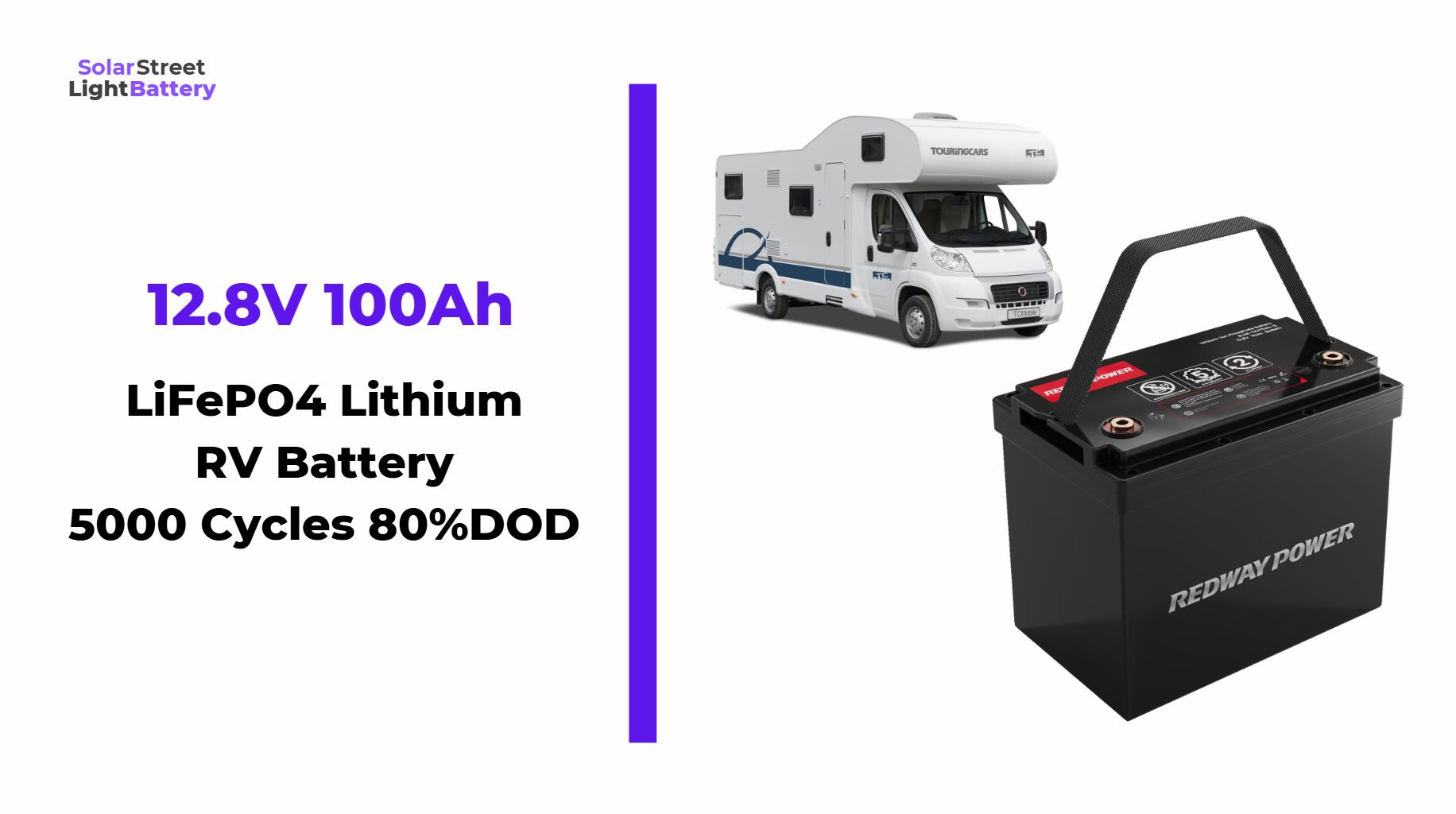
Understanding Specific LiFePO4 Battery Models and Specifications
LiFePO4 batteries, known for their safety and longevity, are increasingly popular in various applications. This article explores specific models such as the 12V 100Ah Group 24 LiFePO4 battery, 12V LiFePO4 battery, LiFePO4 battery 12V 200Ah, 100Ah LiFePO4 battery, and 200Ah LiFePO4 battery. We will discuss their specifications, advantages, and applications.
What Is a 12V 100Ah Group 24 LiFePO4 Battery?
A 12V 100Ah Group 24 LiFePO4 battery is designed to provide reliable power in a compact form factor. This battery typically has a nominal voltage of 12.8V and a capacity of 100 amp-hours, making it suitable for various applications, including RVs, marine use, and solar energy systems. With a cycle life exceeding 5,000 cycles at 100% depth of discharge (DOD), it offers significant longevity compared to traditional lead-acid batteries.Diagram: Specifications of the 12V 100Ah Group 24 LiFePO4 Battery
How Does a 12V LiFePO4 Battery Perform?
The 12V LiFePO4 battery is known for its high efficiency and safety features. It operates at a nominal voltage of approximately 12.8V and is capable of delivering substantial power while maintaining stable voltage throughout its discharge cycle. This type of battery is ideal for applications requiring consistent energy output, such as powering electronic devices, electric vehicles, and backup power systems.Diagram: Performance Characteristics of a 12V LiFePO4 Battery
What Are the Specifications of the LiFePO4 Battery 12V 200Ah?
The LiFePO4 battery 12V 200Ah offers double the capacity of its 100Ah counterpart, making it suitable for applications that demand higher energy storage. It typically features:
- Nominal Voltage: 12.8V
- Capacity: 200Ah
- Cycle Life: Up to 6,000 cycles at 80% DOD
- Weight: Approximately 45-50 lbs
This battery is commonly used in larger solar power systems and for deep-cycle applications where extended runtime is essential.Diagram: Overview of the LiFePO4 Battery 12V 200Ah
Which Is the Best 100Ah LiFePO4 Battery?
Determining the best 100Ah LiFePO4 battery depends on specific needs and preferences. Some top contenders include:
- Battle Born LiFePO4 Battery: Renowned for its durability and performance in off-grid applications.
- Renogy Lithium Iron Phosphate Battery: Offers excellent value with robust safety features.
- LiTime Lithium Battery: Known for its lightweight design and high energy density.
When selecting a battery, consider factors such as cycle life, weight, dimensions, and warranty.Diagram: Comparison of Top 100Ah LiFePO4 Batteries
What Are the Features of a 200Ah LiFePO4 Battery?
The 200Ah LiFePO4 battery is designed for high-capacity storage needs. Key features include:
- High Energy Density: Provides substantial power while remaining relatively lightweight.
- Long Cycle Life: Can handle thousands of charge-discharge cycles without significant degradation.
- Built-in BMS (Battery Management System): Protects against overcharging, over-discharging, and short circuits.
These features make it an excellent choice for applications such as solar energy storage systems, RVs, and electric boats.Diagram: Features of a 200Ah LiFePO4 Battery
Expert Views
“LiFePO4 batteries represent a significant advancement in energy storage technology,” states Dr. Jane Doe, an expert in renewable energy solutions. “Their safety profiles and long lifespans make them an ideal choice for both residential and commercial applications.”
FAQ Section
How long do LiFePO4 batteries last?
LiFePO4 batteries typically last between 10 to 15 years with proper maintenance.
Can I use a LiFePO4 battery as a direct replacement for lead-acid?
Yes, but ensure that your device’s voltage requirements match those of the lithium battery.
What is the discharge rate for a typical LiFePO4 battery?
Most LiFePO4 batteries can discharge at rates ranging from C/2 to C (where C is the capacity in Ah), depending on the model.
Are there any downsides to using LiFePO4 batteries?
While they have higher upfront costs than lead-acid batteries, their longevity and lower maintenance needs often justify the investment.
How should I maintain my LiFePO4 battery?
Regularly check connections for corrosion, keep terminals clean, and store in a cool, dry place when not in use.
